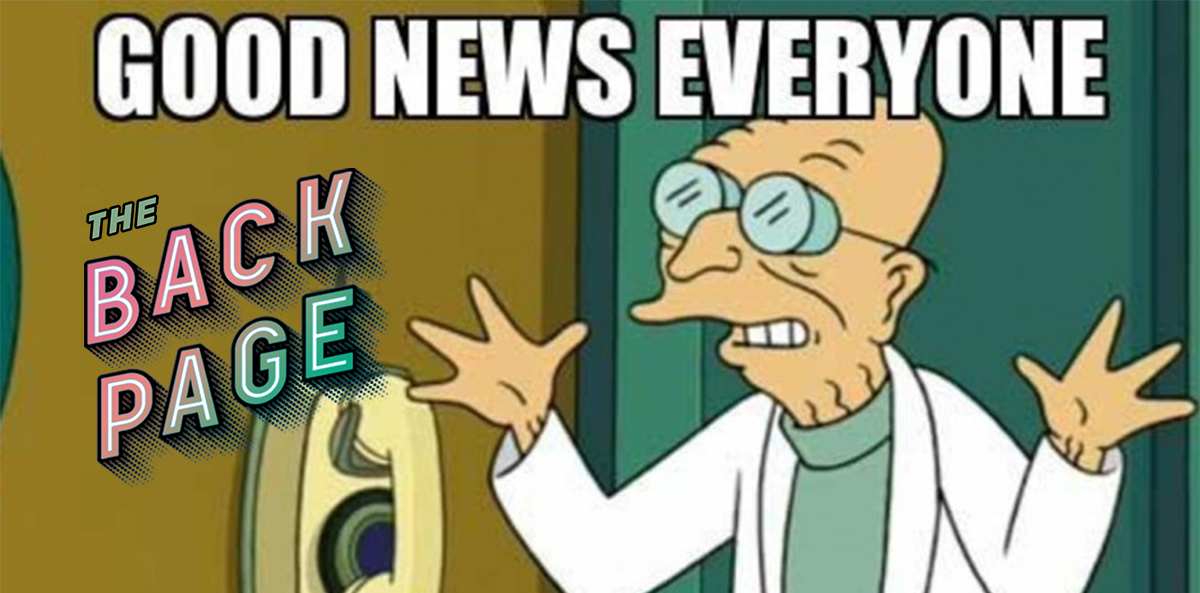Misery may love company, but it turns out that company doesn't love misery.
It turns out that if you want to get close to somebody, you should tell them a happy story.
A team of international researchers have found that feelings of closeness between a speaker and listener are far greater when a happy story is being shared.
Which sounds nice in theory, but is a real blow to my “get as much sympathy as possible” dating strategy.

The study required one participant — the speaker — to watch happy, sad, and neutral videos, then record themselves explaining the contents of the videos. These recordings were played to the rest of the participants, who rated how close they felt to the speaker after listening. Both the speaker and the listeners completed their tasks while researchers measured their brain activity with EEG.
According to the study, the speaker’s recounting of happy videos produced better recall in the listeners, as well as higher ratings of interpersonal closeness.
This higher degree of closeness was linked to increased synchrony between the brain activity of the speaker and listener observed in regions associated with emotional processing and theory of mind.
While I find it hard to believe anyone could have a positive reaction to someone explaining a YouTube video to them – whether happy or sad – the results speak for themselves.
Misery may love company, but company sure doesn’t love misery.
If you see something happy, synchronise brain activity with us by sending an email to felicity@medicalrepublic.com.au


